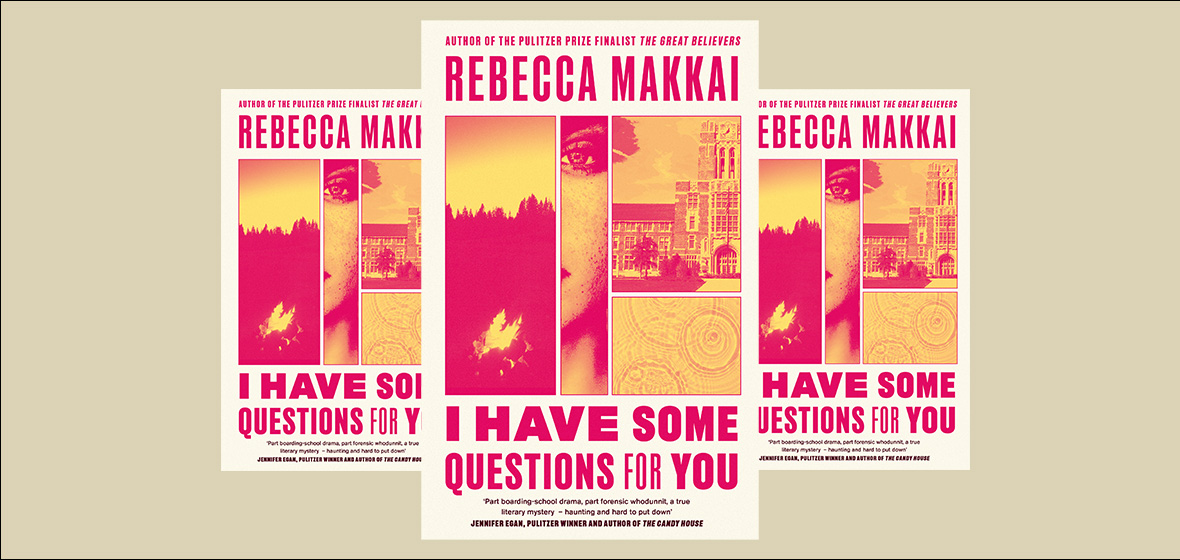Author: Rebecca Makkai
Publisher: Hachette Australia
It was inevitable the novel would come for true crime. As Serial approaches its tenth birthday, it is easy to forget podcasts once existed before journalists “just started asking questions” about cases (always violent, brutal and absolutely shocking) that were either offensively hyped or grossly ignored in the media at the time. While recent years have seen a steer in the nuanced direction for the medium, it is nevertheless hard to completely divorce from the unease of tragedy as entertainment.
Enter our novel’s hero and host. Bodie Kane has a career which can only be successful in fiction. She is, all at once, a niche but popular podcast host exploring misunderstood golden women of Hollywood, Starlet Fever (“you’re like ‘everything you know about Judy Garland is wrong’” one of her students tells her), a sometime California university film studies teacher, and now an intensive two-week lecturer on these two mediums at her former boarding school. In the early 1990s, Bodie’s roommate Thalia was murdered on campus shortly before graduation, her killer swiftly brought to justice and still imprisoned today. Through her podcast tutorial class, where every participant must make a three-part show, Bodie casually steers one student to examine the conviction of Thalia’s declared murderer, the school’s athletic trainer, Omar. In the minds of Bodie and her student apprentice, Britt, it was a judicial process now painfully flawed in the cold light of 2018.
Such moral murkiness is the centre of this twisty and dark-academia-tinged tale that, over a sprawling page count, also picks at #MeToo, trauma, racism, and gender: the latter two examined mostly through Bodie’s encounters with her Gen Z students. To the Gen X Bodie, her students have impeccable teeth and skin (orthodontists and dermatologists, she reasons, have solved all the problems of hormonal teen awkwardness) and have swapped the playful and immature humour of adolescence for a very grown-up earnestness. The conversations between teacher and students will be familiar to anyone who has ever navigated generational difference in the workplace.
I Have Some Questions For You at times lurches into blatant commentary. Bodie is asked more than once who looks after her children when she is away for work trips (intended to make the point her male co-host on Starlet Fever is never questioned, an aside that is sharp and poignant the first time it is used). The recurrent narrative device of “was that the one with the girl in the …?” to remind all of us of just how many victims we forget is powerful to start, but loses impact (and, perhaps intentionally, draws a guilty reader out of the story to look up the names of such forgotten women).
It is all very messy. Bodie is a little problematic and privileged. By the book’s end, most will dislike her and yet still be captivated by what she has to say. The actual victims become footnotes. No-one’s life is improved for having received this investigatory podcast treatment, except of course, for Bodie, her co-hosts and team. But still, we read eagerly to the final page, lapping up every last drop.




